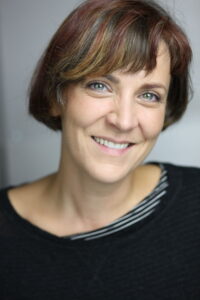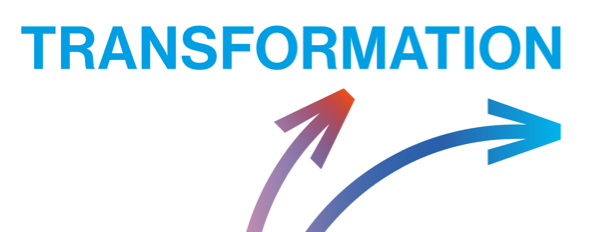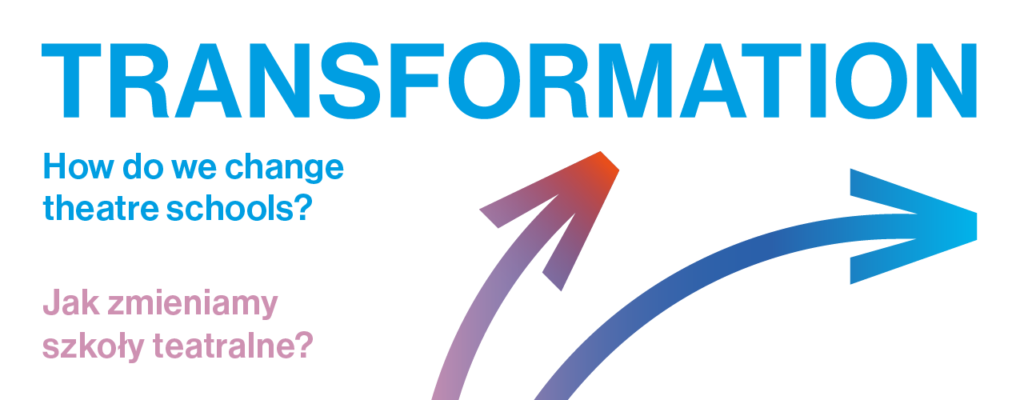NEED FOR ALTERNATIVES
12:00 – 02:00 PM
Kata Csato (Hungary) Sexism in Higher Art Education
Agnieszka Jakimiak (Poland) How far does it reach? Implications of power oriented artistic education in the process of making theatre
Agata Adamiecka-Sitek, Weronika Szczawińska (Poland)The bodies that we are. Towards a new corporeality politics at the The Aleksander Zelwerowicz National Academy of Dramatic Art in Warsaw
Monika Kwaśniewska (Poland) Alternative education

STREAMING – http://transformacja.at.edu.pl/en/streaming/
 KATA CSATÓ – puppet theatre director, actress, cultural manager and theacher of puppet theatre acting and directing for puppet theatre. She graduated from Department of Cultural Organisation (specialisation: theatrical) at Janus Pannonius Academy in Pécs, Hungary in 2000. In 2001 she enrolled at the Aleksander Zelwerowicz State Academy of Theatre Arts – Puppet Theatre Art Department in Białystok and graduated in 2006 with a degree in both specializations: puppet theatre acting and directing. Since 2018 she has been pursuing a PhD degree at at the Aleksander Zelwerowicz State Academy of Theatre Arts – Puppet Theatre Art Department in Białystok, Poland.
KATA CSATÓ – puppet theatre director, actress, cultural manager and theacher of puppet theatre acting and directing for puppet theatre. She graduated from Department of Cultural Organisation (specialisation: theatrical) at Janus Pannonius Academy in Pécs, Hungary in 2000. In 2001 she enrolled at the Aleksander Zelwerowicz State Academy of Theatre Arts – Puppet Theatre Art Department in Białystok and graduated in 2006 with a degree in both specializations: puppet theatre acting and directing. Since 2018 she has been pursuing a PhD degree at at the Aleksander Zelwerowicz State Academy of Theatre Arts – Puppet Theatre Art Department in Białystok, Poland.
She has received many awards for her work, and recently also for best directorial prizes, including the award-winning “Lenka”, performed at the Bialystok Puppet Theater. From April 2021 she is a member of the Executive Committee of UNIMA (Union Internationale de la Marionette). From September 2021 she was a president of the Freeszfe Society until September 2022.
The bodies that we are. Towards a new corporeality politics at the The Aleksander Zelwerowicz National Academy of Dramatic Art in Warsaw
We want to look at the primary, default, and, therefore, least visible systemic settings regarding the body and corporeality at the Aleksander Zelwerowicz Theater Academy. We want to ask ourselves basic questions. How do our bodies function in this space? What kinds of bodies have access to it? What regimes are they subjected to? How is our common narrative on the body as the instrument of creation constructed and what systemic needs does it respond to?
We are interested in our academy’s physical, mental, and ideological architecture, in which our bodies must fit. At the same time, we want to initiate the collective thinking of a new politics of corporeality that places the truly embodied subject at the center.
Alternative education
The author analyses the process of creating several plays referring to the theme of violence in theatre, created at the Kraków’s ATA. She posits that student art projects exploring and pointing out the mechanisms of oppression, abuse and boundary violation at their school offer a framework for the development of new, interesting artistic processes. They functioned as ways to research the mechanisms, sources and consequences of violence in educational and artistic processes. Moreover, they have contributed to the rethinking, verification and modification of working methods, shifting them towards devised theater. They have also involved a self-analysis of their creators’ own mistakes made during production – mostly regarding ethics. I consider these projects as a type of theater education to supplement the official curriculum.
Monika Kwaśniewska – Assistant Professor at the Department of Theatre and Drama of the Jagiellonian University. Editor of “Didaskalia. Gazeta Teatralna”. Author of books Od wstrętu do sublimacji. Teatr Krzysztofa Warlikowskiego w świetle teorii Julii Kristevej (2009), Pytanie o wspólnotę. Jerzy Grzegorzewski i Jan Klata (2016) and Między hierarchią a anarchią. Teatr – Instytucja – Krytyka (2019). Co-editor (together with Grzegorz Niziołek) of the book Zła pamięć. Przeciw-historia w polskim teatrze i dramacie (2012). Currently, she is involved in institutional criticism and #MeToo movement in theatre.

